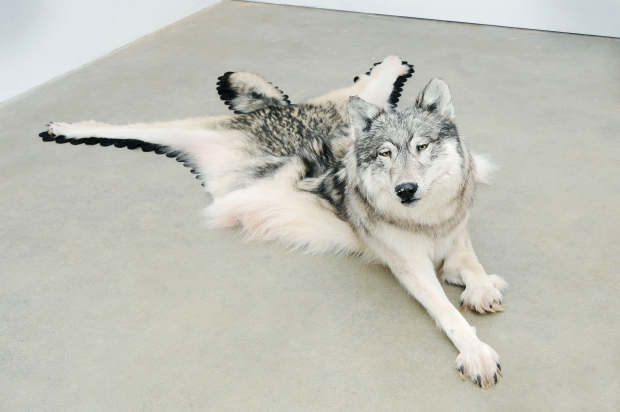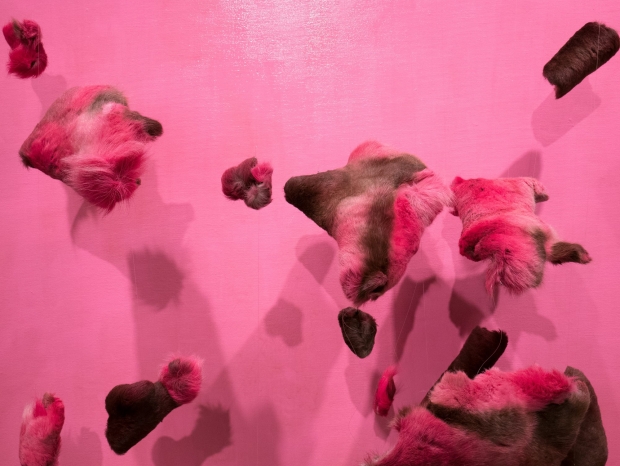
Give your voice to arctic voices! We are arranging a four-day workshop during Riddu Riđđu Festivála in cooperation with Art History at The Arctic University of Tromsø. The sessions and workshops are drop-in and completely free. The first day is at Nordnorsk Kunstmuseum in Tromsø, while the remaining three days are at the festival area in Manndalen.
We have called it Arctic Voices in Art and Literature in the Long Nineteenth Century, asking what place is there for Arctic voices in the global art and literature scene? Through seminars and experimental workshops, we'll look for answers and perhaps new questions.
The seminar approaches the thematic of the project from a range of vantage points, from the self-expression of Arctic individuals, through to the representation of Arctic indigenous peoples and Arctic animals by Western artists, travellers, explorers and scientists of varying cultural backgrounds and gender. Of particular interest is the question of authorship and identity – how, when and to what ends we differentiate between indigenous and Western, coloniser and colonised, and the degree to which such terms and categorisations might be ambiguous and fluid.

PROGRAMME
DAY 1 Tuesday 9 July – Nordnorsk Kunstmuseum
13.30–14.15 Reception and guided tour of Like Betzy, Nordnorsk Kunstmuseum
Seminar session 1: Other perspectives and voices in the Arctic and beyond
14.30 – 14.45 Introduction and welcome
14.45 – 15.30 The Unsettled Eye: Colonial Voice and Vision in Australia and New Zealand, c. 1770 – 1830. Bruce Buchan, Griffith University, Brisbane, Australia.
15.45 – 16.30 Enslaved Fugitives in the Canadian Winter. Charmaine Nelson, McGill University, Montreal, Canada.
DAY 2 Wednesday 10 July – Báldalávvu, Riddu Riđđu
9.00 – 09.30 Welcome, coffee/tea in Báldalávvu. Kjellaug Isaksen (Centre for Northern Peoples).
Seminar session 2: Sámi voices in art and literature
09.30 –10.15 'Savage' Laughter: Humour as Resistance in Colonial Encounters in Sápmi and Greenland c. 1670 – 1800. Linda A. Burnett, Linnaeus University
10.15 – 11.00 Imag(in)ing Saami Life: Emilie Demant Hatt’s Arctic Documents. Hanna Eglinger, FAU Erlangen–Nürnberg.
11.30 – 12.15 Ecology and Johan Turi. Svein Aamold, UiT The Arctic University of Norway.
13.00 – 16.00 Workshop/Intervention + Yéil Ya-Tseen (Nicholas Galanin) (artist)
18.00 Opening of festival art exhibitions (Chippewar and Gieresvuodajn/With Love), Center of Northern Peoples
DAY 3
Thursday 11 July Báldalávvu, Riddu Riđđu
9.00 – 09.30 coffee/tea in Báldalávvu.
Seminar session 3: Arctic presences in European narratives
09.30 – 10.15 Absent or Present, Part of the System or of the Land: The representation of animals in some nineteenth-century narratives of Arctic exploration. Sigfrid Kjeldaas, UiT The Arctic University of Norway.
10.15 – 11.00 Pictures from the Bering Street: Louis Choris’ Voyage pittoresque autour du Monde (1823). Marie-Theres Federhofer, UiT / Humboldt University, Berlin.
11.10 – 12.35 Workshop / Intervention + Raisa Porsanger (artist)
13.30 – 14.15 ‘Arctic Hysteria' or 'Polar Eufori'? Voicing Otherwise in Early Arctic Narrative. Renee Hulan, Saint Mary’s University, Canada.
14.15 – 15.00 An Alternative Vision of the Friendly Arctic? Ada Blackjack’s Diary from Wrangel Island. Silje Gaupseth, Polarmuseet, UiT The Arctic University of Norway
15.10 – 15.50 Intervention
DAY 4 Friday 12 July Báldalávvu, Riddu Riđđu
9.15 – 09.30 Coffee/tea in Báldalávvu
Seminar session 4: Arctic presences in Western imagery
9.30 – 09.50 Curatorial Strategies. Charis Gullickson, Nordnorsk Kunstmuseum.
9.50 – 10.35 Tea and Sympathy in the Arctic: sociability and survival among Western women and Inuit, 1840-1900. Sophie Gilmartin, Royal Holloway University of London.
10.45 – 11.30 ‘Exceedingly Good Friends’: The Representation of Indigenous People during the Franklin Search Expeditions to the Arctic (1847-59). Eavan O’Dochartaigh, Umeå University.
11.30 – 12.15 Traces of an Arctic Voice: The Case of Qalasirssuaq. Ingeborg Høvik, UiT The Arctic University of Norway.
13.00 – 15.00 Workshop Curating and designing an exhibition on historical otherness. Charis Gullickson (introduction)
